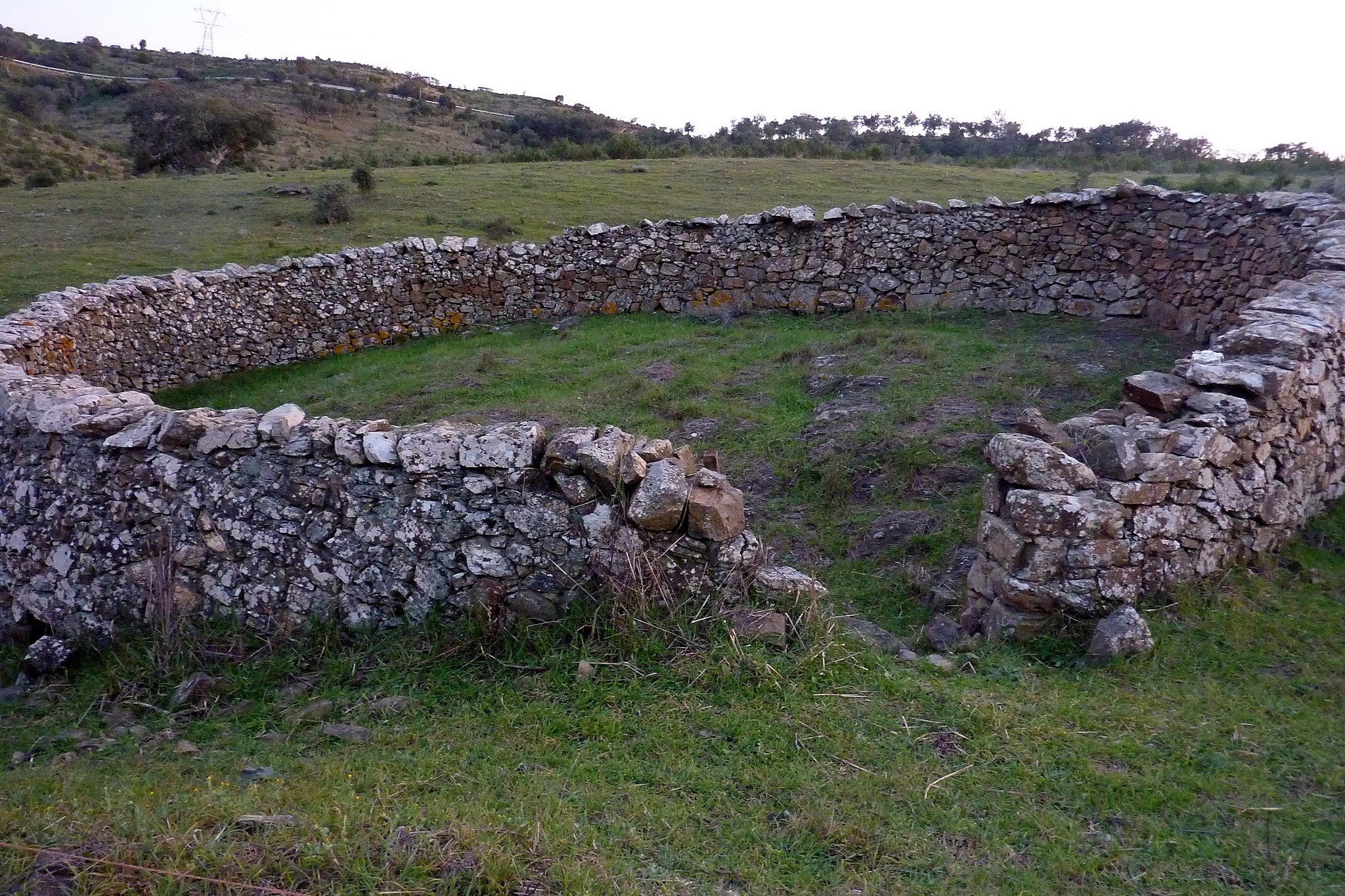
In each year, on the fourth Sunday of Easter, the Revised Common Lectionary invites us to consider John 10. Why? They don’t say.
They leave behind the resurrection appearances. Maybe they want us to look back at these earlier stories about Jesus and our relationship to him with the knowledge of his resurrection firmly in mind.
It’s a different hunk of John 10 each year.
- This year (Year A) we get John 10:1-10, including Jesus saying “I am the gate for the sheep.”
- Next year it will be John 10:11-18, in which Jesus will shift the metaphor and say “I am the good shepherd.”
- In Year C it will be John 10:22-30, in which Jesus moves on, but will refer back to these teachings, saying that his sheep hear his voice and follow him.
I won’t blame you if you have trouble keeping hold of the thread of the discussion in mind from year to year.
John 10:1-11
In this year’s passage, Jesus teaches about himself as the gate of a sheepfold. He talks about the shepherd, but doesn’t yet claim that title. In fact his use of the metaphor of the gate seems to leave someone else in the role of shepherd. He tells us,
Very truly, I tell you,
I am the gate for the sheep.” (John 10:7 NRSV)
But he has already said,
The one who enters by the gate
is the shepherd of the sheep.” (John 10:2 NRSV)
And the personified gate opens up for this non-gate shepherd.
So it sounds like somebody else, but when Jesus is playing with metaphors, in parables or in “I Am” sayings, such matters are flexible.
I remember hearing or reading someone who said that the two images are actually the same. The writer envisioned the walls of a sheepfold having an opening without a physical gate. The shepherd would, so it was said, lay down across this opening to sleep at night. So the shepherd is the gate. Who knows?
I’m just going to comment on a couple features of this passage.
Jesus is really concerned with false shepherds
Woven through the passage are warnings about false shepherds. Their real identity is thieves and bandits, people who endanger the sheep — they aim to steal the sheep and use them for their own purposes, killing them and destroying them.
And when you think about it, aside from wool and milk, most things people use sheep for do require the death of the sheep.
His complaint is most explicitly about the past (see verse 8) but it seems to apply to our time as well.
Look at the horrid band of thieves and bandits who have purported to be Jesus’ own shepherds.
- Some have used their followers sexually and financially.
- Some have led their followers to their deaths.
- Some keep the sheep following along with zeal while the shepherds enrich themselves and destroy the sheepfold, the grassy pastures, and whatever else would protect the sheep’s long term well-being.
Jesus, on the other hand, seems to be more concerned with keeping the sheep alive and, without really stating the reason, helping them and relating to them.
Clearly we sheep need to beware.
Caveat sheeptor
The real sheep know the real shepherd
But the flip side of this, also woven throughout the passage and also relevant to the past and the present, is Jesus’ statement that the real sheep know the voice of the real shepherd.
- Jesus’ sheep hear the voice of the thief and bandit, and run away.
- They hear the voice of Jesus and they follow.
That ought to be good news for us sheep. It also includes a call to listen closely, to know the biblical Jesus extremely well, so we can spot the fakes, and recognize the voices of non-shepherds.
But heaven help those who claim to be Jesus’ sheep and go following thieves and bandits.
We seem to need a warning about this on a regular basis.
There seems to be a symbiotic relationship between false shepherds, ready to use their offices and roles to enrich and empower themselves, and those would-be sheep who don’t notice that their “shepherds” are leading them to destruction.
So my prayer for those seeking to be Christians in my country is to pay very close attention to the truth and falsehood spoken by those purporting to have their best interests at heart.
The real Jesus’ intentions are good and generous
Jesus’ intentions are good. In fact, Jesus’ intentions are extremely generous.
He doesn’t come to ensure his own hold on power.
He lays down his own life for the sheep.
He comes that the sheep may have life, and have it abundantly.
Let the reader understand.
++++++++++++
I’d love to send you my Monday Meditations, along with my other new articles and announcements. Scroll down to the black box with the orange button to subscribe and they’ll come by email most Fridays.

“So my prayer for those seeking to be Christians in my country is to pay very close attention to the truth and falsehood spoken by those purporting to have their best interests at heart.”
Mine, too.